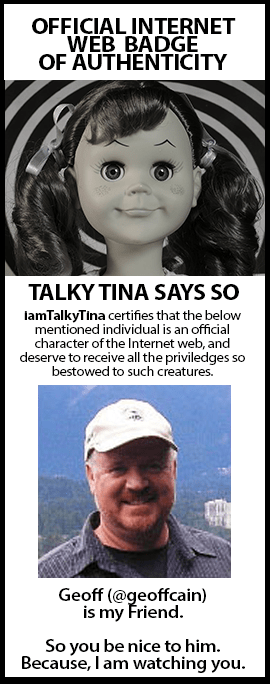Theoretical Framework
Instructional design theory, of course, is closely tied to educational theory, pedagogy, and epistemology. There is a lot of room for argument in these soft sciences. I don’t really mean that in a disparaging way. As an instructional designer, I am more concerned about using demonstrably effective tools than explaining how they work on the quantum level. I know that I can develop an effective multiple choice test structuring the questions using Bloom’s Taxonomy despite not really knowing if Bloom’s Taxonomy is an accurate picture of the exact structure of cognition. Maybe knowledge has no structure – but what I do know is the Taxonomy is an effective model building tool that will create a test that will demand more from the students than rote memorization. In other words, it is a practical tool. Some of the documents and theories here conflict, contradict, or support one another – but on my path as an educator, I have found some use in all of these viewpoints at one time or another.
Note: This is the short version of the resources we keep elsewhere.
1. Constructivism
2. Connectivism
- Handbook of Emerging Technologies for Learning
- Connectivism: Learning as network creation
- Rhizomatic Education: Community as Curriculum
- Minds on Fire: Open Education, the Long Tail, and Learning 2.0
3. Universal Design
4. Bloom’s Taxonomy
5. No Significant Difference
6. General Online Teaching
Creating a Network
These are some of the people that I have followed and connect with – this is where people really learn about education – engaging with educators!
- Gardner Campbell
- College Open Textbooks
- Dave Cormier
- Alec Couros
- Creative Commons
- Robin DeRosa
- Stephen Downes
- Grand Text Auto
- Cable Green
- Jim Groom
- D’Arcy Norman
- Open Knowledge
- Jill Walker-Rettenberg
- Howard Rheingold
- George Seimens
- Clay Shirky
- Audrey Watters
Related articles
- Social connectivism trumps constructivism for third world child learning (elearnspace.org)
- The Modern Taxonomy Wheel (educatorstechnology.com)
- Connecting Critical Thinking to Online Learning (nancy-rubin.com)
- The 6 Levels Of Bloom’s Taxonomy, Explained With Active Verbs (edudemic.com)
- Connectivism vs Constructivism? (downes.ca)




